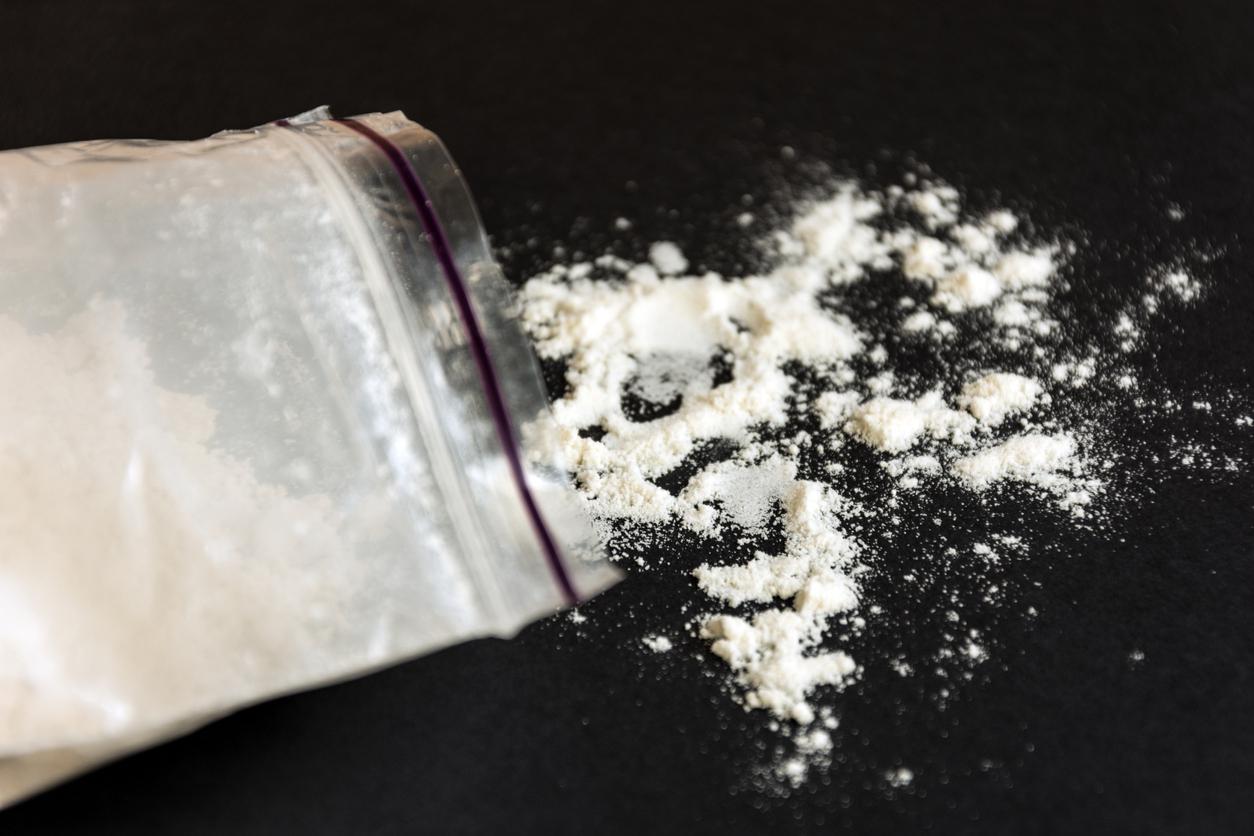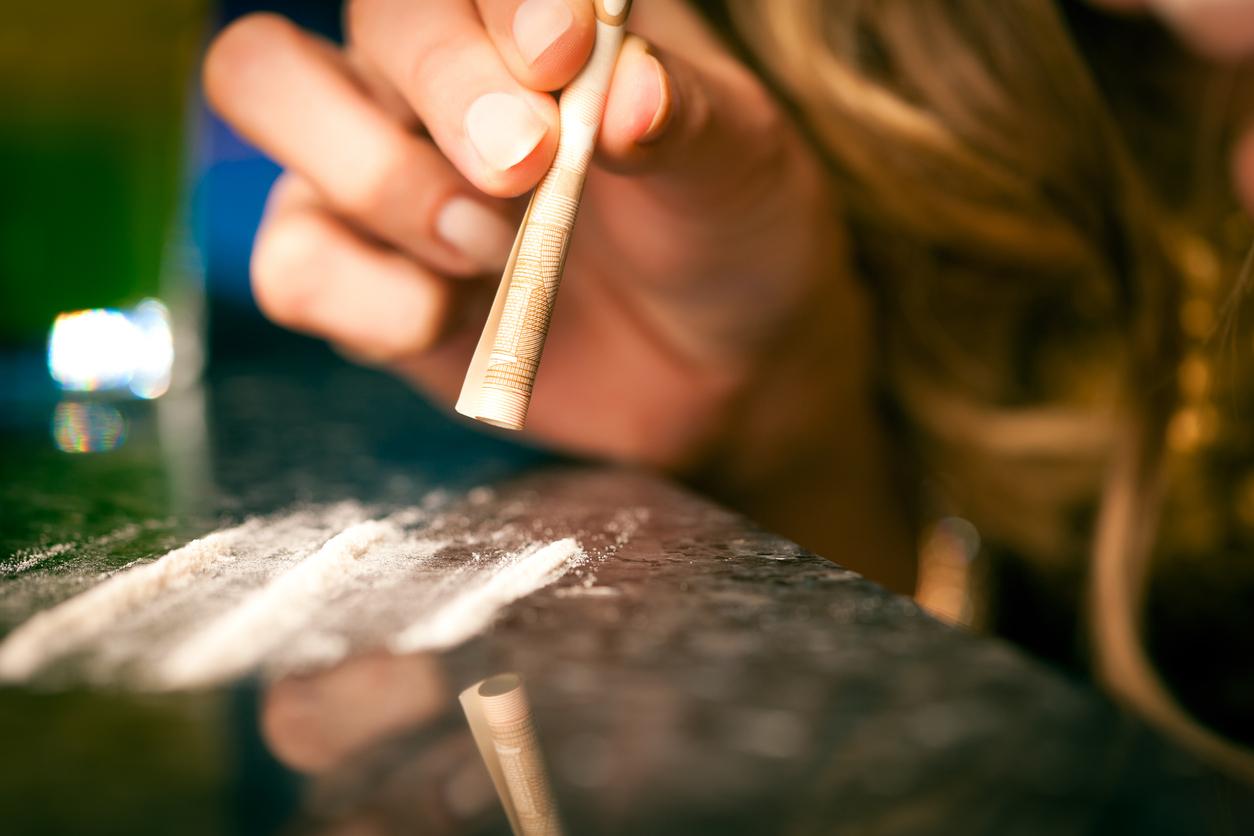Neurological, cardiological, vascular, respiratory or psychiatric disorders… Cocaine consumption is dangerous for your health.

- In France, cocaine use has exploded across the country in recent years.
- Cocaine use can lead to many serious complications, including death.
- Cannabidiol may help reduce cocaine use, new study suggests.
According to a new study Published in the journal Progress in Neuro-Psychopharmacology & Biological Psychiatry, cannabidiol could help reduce cocaine use.
To reach this conclusion, researchers from Western Sydney University conducted a series of experiments on 48 male mice aged 8 weeks. All animals had free access to water and food.
The rodents were randomly divided into 4 groups:
– the first group received regular injections of cannabidiol and cocaine.
– the second group received injections of cannabidiol as well as injections without active substances.
– the third group received injections of cocaine and injections without active substances.
– the fourth group received two series of injections without active substances.
For 14 days, the researchers trained the mice to associate injections with a specific location in their cage. After the conditioning period, they measured the mice’s preference for the side associated with the drug, first immediately and then 2 and 4 weeks after treatment.
“CBD use could limit cocaine abuse”
The results showed that mice treated with cocaine tended to move around more afterwards. They also developed preferences for the areas where they had received injections, and this trend continued for up to 4 weeks after the experiment stopped.
Furthermore, the liking for cocaine injection sites was reduced in mice that also received cannabidiol. These animals showed a preference for the injection site immediately after treatment ended but not 2 or 4 weeks later.
Further analyses showed that cannabidiol reversed cocaine-induced changes in gut microbiome diversity.
“Our data suggest that improving gut health and using CBD could limit cocaine abuse,” conclude the authors of the study (Rose Chesworth, Howard Chi-Ho Yim, Georgia Watt, Emad El-Omar, Tim Karl).
Cocaine: what are the health dangers?
In France, cocaine use has exploded across the country in recent years. “In two decades, the number of cocaine users has continued to increase: 1.6% of 18-64 year-olds were affected in 2017 compared to 0.3% in 2000. It is mainly among adults from the 1970 to 1990 generations that the drug has taken hold,” noted OFDT (oFrench Observatory of Drugs and Addictive Trends) in its latest report on the matter.
Cocaine use can lead to many serious complications, including death: neurological, cardiological, vascular, respiratory, psychiatric, infectious, dermatological, ENT disorders, etc. “The risk of dependence and the somatic effects associated with taking cocaine can appear from the first dose or even for occasional use” concludes MILDECA (interministerial mission to combat drugs and addictive behavior).
















